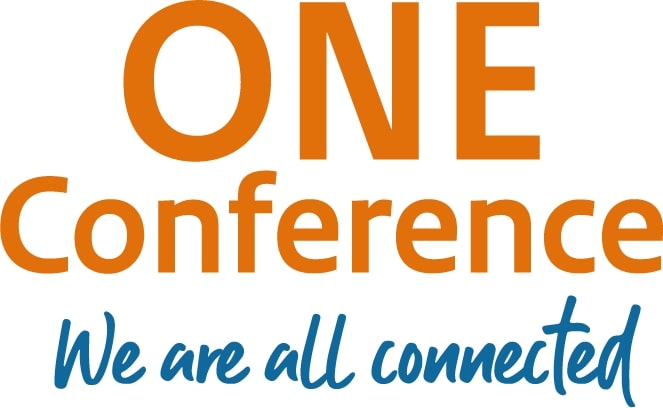Europe is at war with its own digital legacy. Having pioneered data protection in 1995 and redefined global privacy standards with GDPR in 2016, the EU now risks undermining its achievements through increasingly absolutist regulatory proposals. The 2025 ProtectEU strategy aims to mandate encryption backdoors, France is pushing mandatory 72-hour data decryption for narcotrafficking investigations, and even outside EU jurisdiction, the UK’s forced disabling of Apple’s Advanced Data Protection highlights an alarming international trend toward state-imposed vulnerabilities.
We face a choice: uphold security through trust-based transparency or concede security through state-mandated control. Cybersecurity firms must actively participate in this debate, embedding ethics not only as branding but as legally enforceable commitments. Radical transparency demonstrated through public audits, immutable data deletion logs, and comprehensive disclosure are crucial. Technical defenses must shift towards a Zero-Trust model where client data may be jeopardized at any time. Strategic engagement with Data Protection Authorities, explicit reliance on the European Convention on Human Rights, and carefully structured warrant-canary practices can weaponize compliance itself against government overreach. The crossroads is clear.
Europe invented digital dignity in 1995, legislated it in 2016, and wants to erase it in 2025.
Cybersecurity firms now hold the line of privacy; they must define their threat models, entrench ethical transparency, and prepare for the legal battles ahead. If we fail to clearly set the tone of lawful cybersecurity now, regulators will do it for us.

